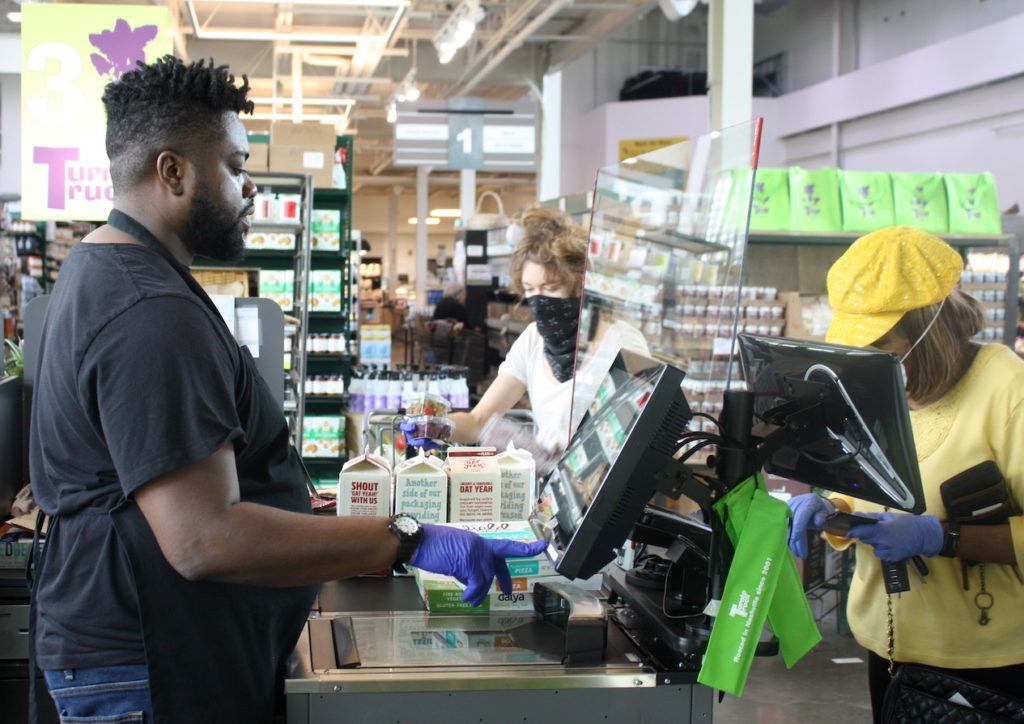
Now that Nashville voters have approved the transit referendum, residents can expect to see a half-cent sales tax increase beginning in February. And for months — ever since Mayor Freddie O’Connell unveiled the financing element of the transit plan — local advocacy group Nashville Organized for Action and Hope has encouraged the city to offset that tax burden by reducing a different tax: the grocery sales tax.
Sales tax was selected by the mayoral administration as the best possible option for dedicated transit funding because of its high revenue generation and reliability. But, because it is a regressive tax, it can disproportionately impact lower-income residents.
O’Connell says he’s considering a change on groceries — and he notes that Metro is entering into property reappraisal season, meaning it will be looking critically at its revenues and expenses.
“The passage of this referendum means that it’s actually something we can now take a serious look at. But we’ll be looking at a number of things as we approach the FY26 budget,” O’Connell said. “We’ll have a new finance director on board and want to evaluate things knowing that this is an appraisal year. But that is something we will probably at least look to get a cost estimate on.”
Nationwide, only 13 states enact a sales tax on groceries. Tennessee is one of them.
Even if Metro opts to end the city’s grocery tax revenue stream, residents would still see a tax at checkout.
Currently, Nashvillians pay a 6.25% tax on groceries. The bulk of that — 4% — goes to the state, while the remaining 2.25% (soon to be 2.75%, once the transit tax is implemented) goes to Metro. Nashville is only in control of its portion.
The state’s grocery sales tax is lower than the rate on other goods. That rate for other purchases is 7%, and when you add Metro’s portion, you’re paying close to 10% tax when shopping. Tennessee is in the top five for highest sales tax rates nationwide.
During the last legislative session, state lawmakers stalled on a proposal from Nashville Rep. Aftyn Behn to remove the state’s allocation of the tax on groceries. Instead, Republican lawmakers passed a bill to let localities to eliminate their portion. One city has already done so: Hendersonville’s Board of Mayor and Alderman voted in June to lower the grocery tax.

